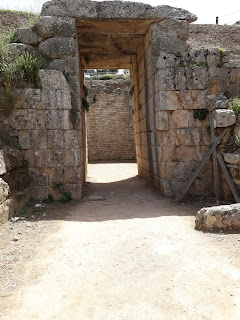The Headless Horseman
Few people know the reason as to why Frank Frazetta painted two versions of the Headless Horseman. In 1995, Frank was commissioned to do his rendition of the famed beheaded night rider during his period of semi-retirement. He was very selective with his choice of work at that point because, to be honest, he preferred enjoying life with his family on his beautiful 67 acre estate in the Pocono Mountains; but this character interested him, so he accepted the job.
As with all of Frazetta commissioned pieces after 1970, he was granted full liberty to create whatever he felt worked best with the subject matter. As with most cases, his masterful imagination took it one step beyond anyone's expectations, which is why he has such a world-wide following to date.
Frank's first rendition of the Headless Horseman was very dark and powerful, showing the more sinister side of the famed character. But unexpectedly, just a few days after submitting the original artwork, he received a phone call from the publisher who expressed his appreciation for Frank’s time and effort, but declined the work. He stated it was too dark for its use in publishing for the targeted audience of younger children. Frank didn’t take it to heart and understood where his client was coming from-- this was not an uncommon thing during his long career. Instead of getting upset about it, he immediately created a new version to appeal to the younger audience upon the publishers request.
Even with numerous stick-ball games between the finalization of the second version of the Headless Horseman, it was completed in just three days and was an entirely new take on the commissioned art.
The second version was more colorful with a wide variety of delightful tones, most obvious was the change from blue to orange which expressed a more festive side to the seasonal theme. Though many fans bought prints of both versions of the painting, Frank personally stuck to his guns stating the first version was the better of the two.
Source: The Frazetta Art Museum
























